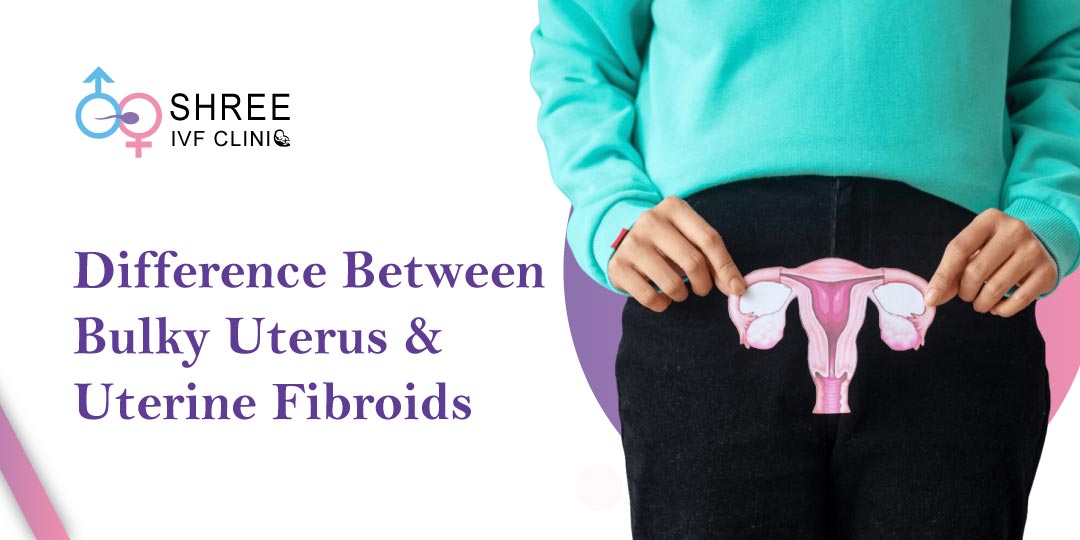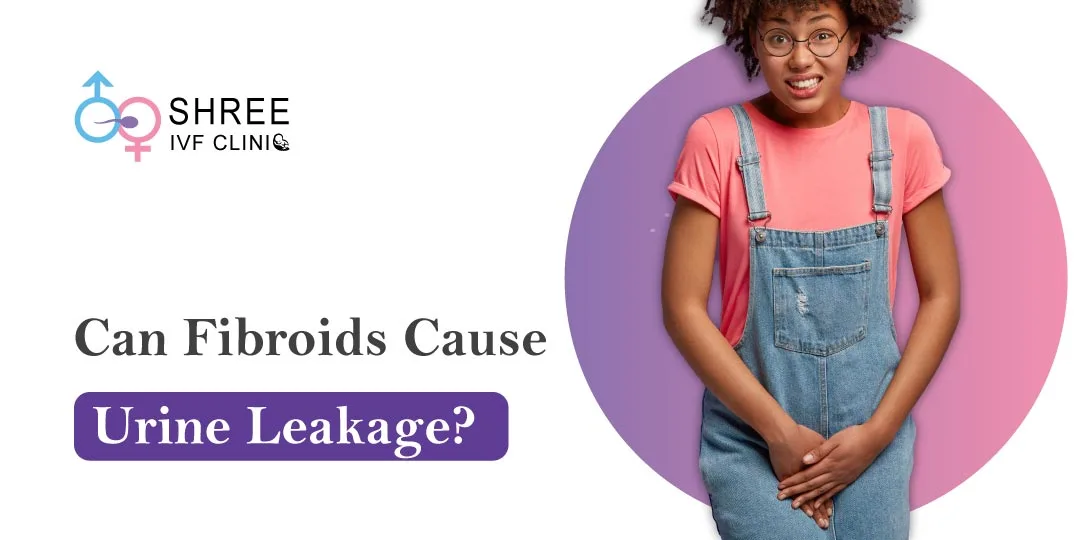Can uterine fibroids cause no period?
UPDATED ON 20 JUL. 2021
Fibroids are noncancerous growths that arise from the womb’s smooth muscle. Fibroids are rather prevalent, and they often go unnoticed. They are classified into distinct categories based on their size and location, and the symptoms they cause might vary.
Fibroids are more common in women in their twenties and thirties, and they usually go away after they approach menopause. This makes sense because fibroids are considered to be caused by an excess of the hormone estrogen, which begins to diminish once a woman’s periods end.
AUTHOR
Dr Jay Mehta
Scientific Director & IVF Specialist with 10+ years of experience
CONDITION
GET IN TOUCH ON
You can jump on :
What are uterine fibroids?
Uterine fibroids are uterine growths that occur regularly throughout childhood. Uterine fibroids, also known as leiomyomas or myomas, aren’t linked to a higher risk of uterine cancer and seldom turn cancerous.
Fibroids can range in size from tiny seedlings that are undetected to enormous masses that deform and expand the uterus. A single fibroid or a group of them can exist. Multiple fibroids can cause the uterus to enlarge to the point where it touches the rib cage, causing weight gain.
Symptoms of Uterine fibroids
Most fibroids don’t create any symptoms and don’t require any treatment beyond frequent monitoring by your doctor. Small fibroids are the most common kind. Asymptomatic fibroid refers to a fibroid that doesn’t cause any symptoms. Fibroids that are larger can produce several symptoms, including:
- Bleeding that is excessive or uncomfortable during your period (menstruation)
- Bleeding in between your periods is a common occurrence
- Bloating or a sense of fullness in your lower abdomen
- Urination regularly (this can happen when a fibroid puts pressure on your bladder)
- Painful intercourse
- Low back discomfort
- Constipation
- Vaginal discharge that is persistent
- Inability to pee or empty your bladder
- Enhanced dysentery (extension), which causes your belly to seem pregnant
The uterine fibroid symptoms normally settle or disappear once you have had menopause because the hormones in your body are declining.
Effects of fibroids on period cycle
Fibroids can cause a variety of symptoms depending on their size and location. Intramural, subserosal, and submucosal fibroids can cause various symptoms. Heavy or irregular bleeding throughout the menstrual cycle is frequently caused by intramural and submucosal fibroids.
Although the underlying explanation for these symptoms is unknown, aberrant bleeding is thought to be caused by the way that fibroids modify the muscle contraction of the uterus, so that it cannot control the bloody quantity during the cycle. Fibroids were demonstrated to compress veins in the wall of the uterus and to dilate the lining of the uterus.
The uterine lining swells as the pressure in the veins rises, which can lead to irregular bleeding. Intramural fibroids, which are located deep within the uterine wall, or submucosal fibroids, which are located just underneath the inner lining of the uterus, are the most common causes of heavy monthly flow.
Heavy and irregular bleeding not only promotes clotting, but can also lengthen periods, cause weakness, exhaustion, severe abdominal and back cramps, and, in rare cases, anemia. Women who have had heavy or unpleasant periods may not think about fibroids as a possible cause for their irregular cycle.
Consider setting an appointment with your Ob/GYN Doctor to investigate whether fibroids are the source of any of these unusual symptoms, especially if you have an overnight heavy flow, persistent bleeding through super tampons or maxi pads.

4,790+
379K+
” Every individual and couple’s journey is unique, and
finding the right solutions tailored to their specific
circumstances can make all the difference “
Conclusion
If you have fibroids, you may experience several emotions. If you have little fibroids, you may not detect them since you don’t feel them. However, if you have bigger fibroids, you may have discomfort and even agony as a result of the disease. Back discomfort, severe menstrual cramps, strong stabbing sensations in the abdomen, and even pain during sex are all symptoms of fibroids.
AUTHOR
Dr Jay Mehta
Scientific Director & IVF Specialist with 10+ years of experience
CONDITION
CALL US 24/7 FOR ANY HELP
GET IN TOUCH ON
Share Article on
Recommended Reading
Bulky Uterus & Uterine Fibroids : Understanding Diagnosis, Treatments, Risks & more
In this blog, we’ll detail some of the typical signs and causes associated with both types of fertility issues.
Can Fibroids Cause Urine Leakage?
Urinary incontinence is more prevalent in women than men and can be caused by numerous health conditions such as childbirth or pelvic surgery
Fibroids Diet : Best Foods For Uterine Fibroids
It is important to note that food choices can play a role in managing fibroid symptoms. Eating an anti-inflammatory diet full of nutrient




